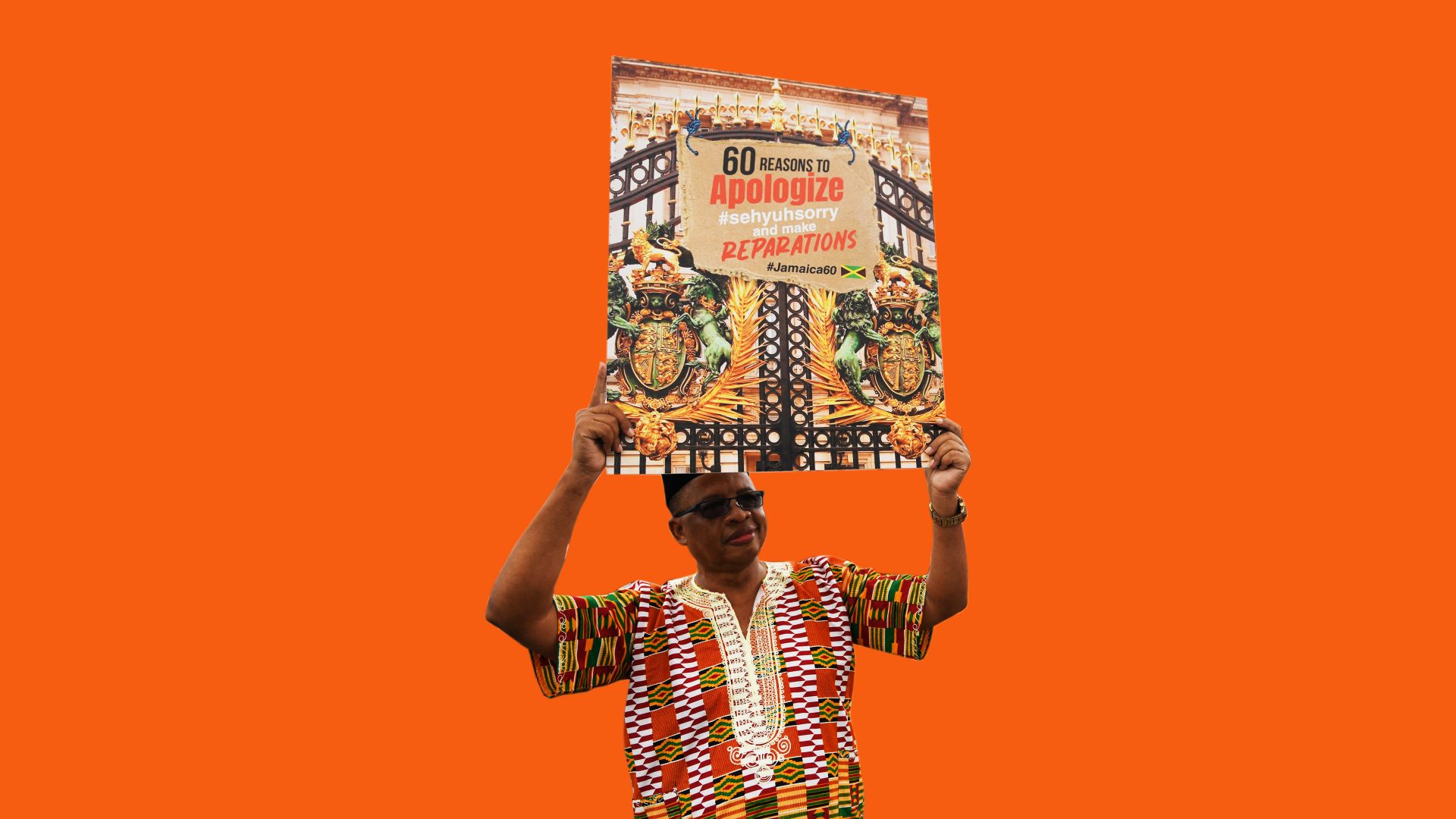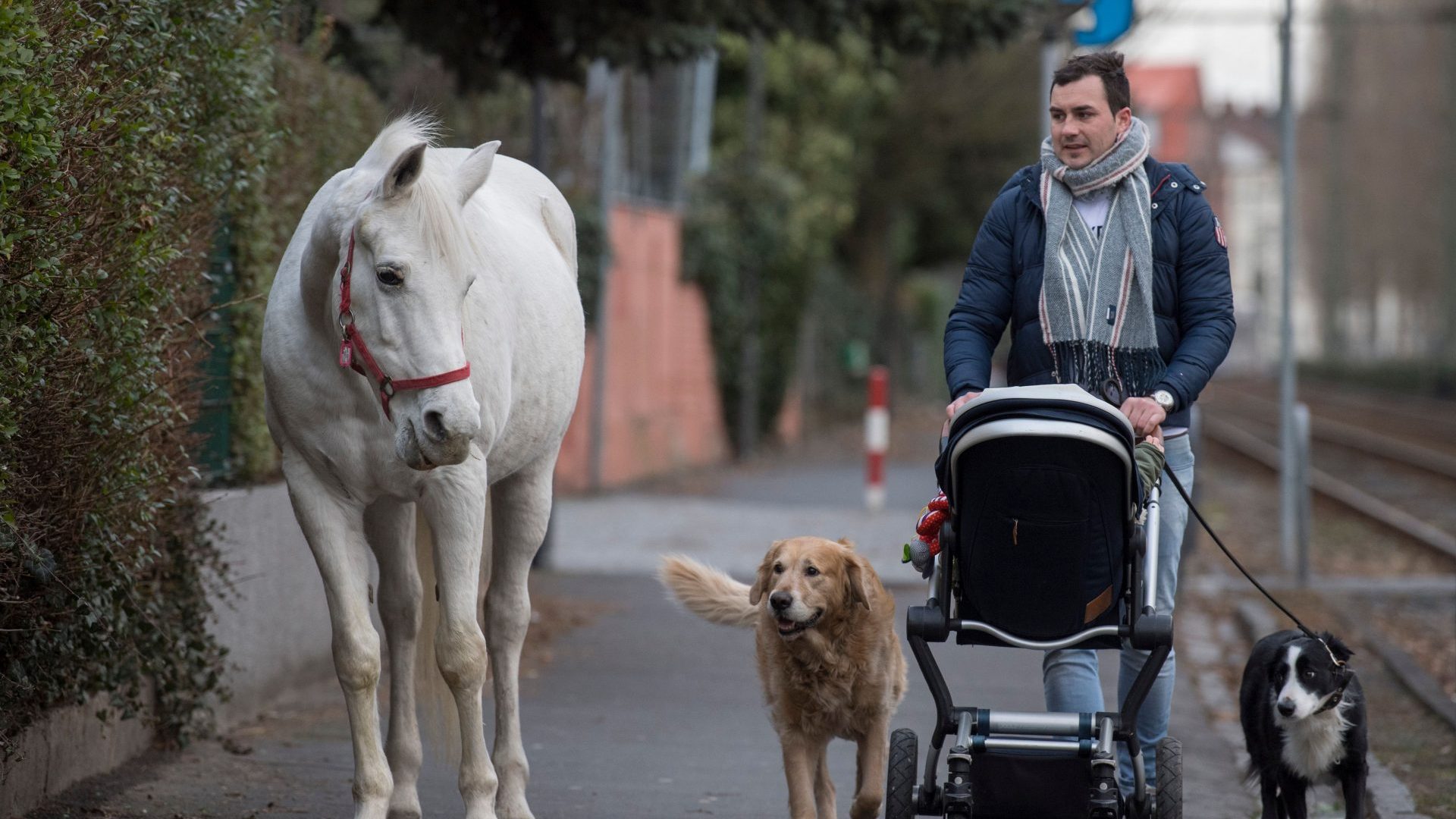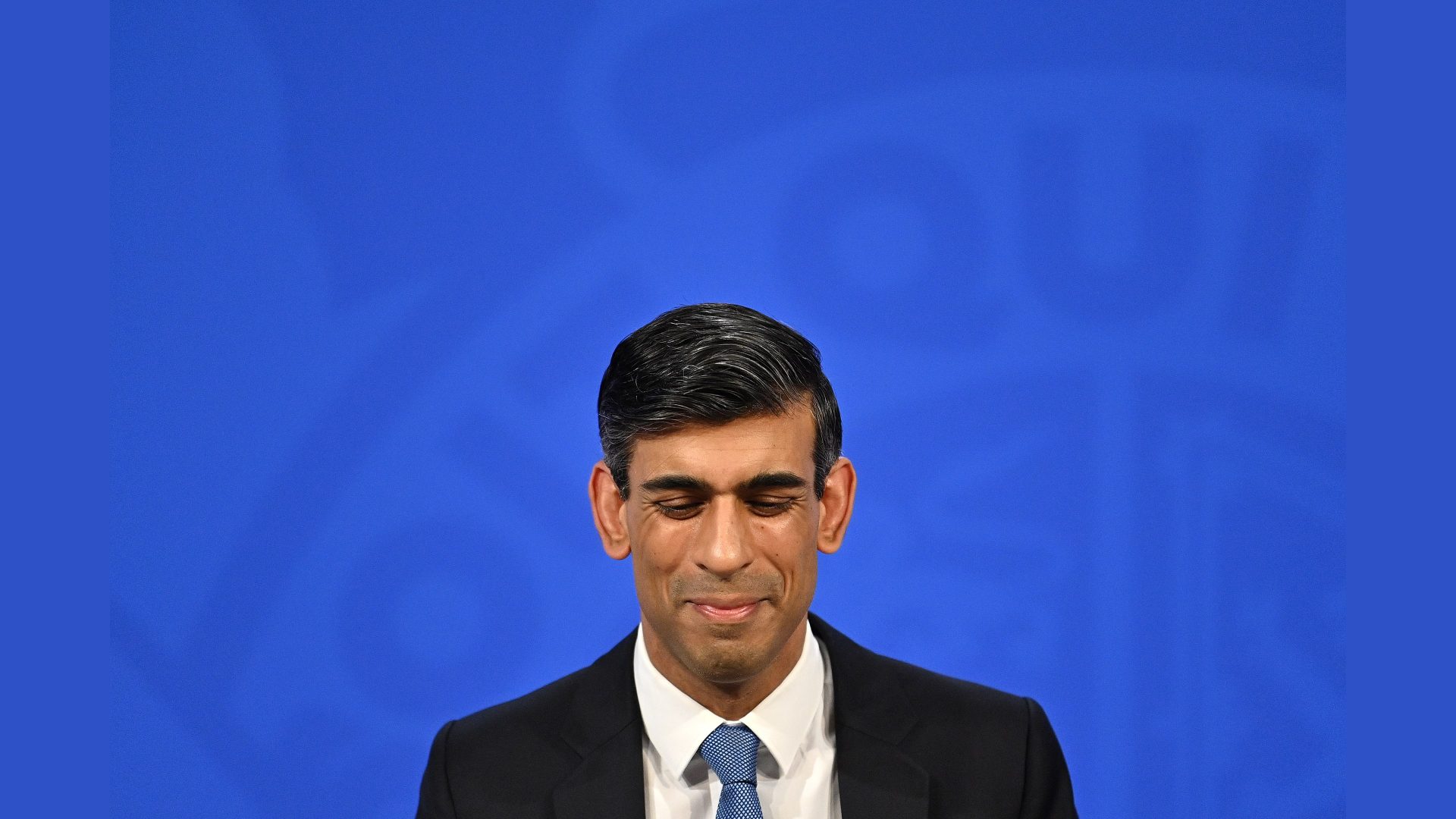Full disclosure: I have accepted an honour from the Queen. I thought long and hard about it when I received that envelope marked On Her Majesty’s Service.
Born in America, royalty made no sense to me, there was something even treacherous and retrograde about it. Even though I was brought up in a family that I realised later had at its heart a royalist – our mother – the idea of accepting a medal from a queen felt like a betrayal of my roots.
But it would have been rude to reject it too, an honour even with the words “British Empire” in it. Although I was, by then, a naturalised citizen, I was still, in my mind, a guest, and the country had been kind to me. To take the medal was a homage to my late father who had been stationed here during the Second World War, and also a matter of courtesy and respect to a woman the same age as my mother.
And so, one day, I stood in a small queue at Buckingham Palace, to await my turn to enter the audience chamber, stand before the Prince of Wales, make small talk and have a medal pinned to my lapel.
On occasions like this you soak up the atmosphere, not knowing when or if you will ever be in the same circumstance again.
This moment was a sanctum sanctorum of the culture that you had chosen and had, in a sense, chosen you.
And there was the medal, with a pink ribbon attached to it, and there were the photographers outside who took pictures for the papers of you holding up the medal in the cobblestone courtyard, if you had a bit of a name.
Flash forward from that time, to 2019, when I was covering the wedding of Harry and Meghan on a glorious May day like something out of the movies. Situated up in a kind of tower with the rest of my TV colleagues, I could look down on their carriage making its way from where they had just been married.
Later that night, I was in the grounds of Windsor Castle, in the dark. The flowers that Meghan had chosen to garland the passageways gave off a beautiful scent. But even though they were local blooms, it all smelled like Southern California to me, and I was worried.
Then she was gone, they were gone, and this institution called the Royal Family looked like even more of an unyielding monolith.
I was in France the day after Diana died in a hospital in Paris.
I remember watching TV coverage of the people in London, many solitary, some sitting on park benches crying. This public display of grief had not been my experience of the British and, when a small group of Cockney ladies, middle-aged and upholders of tradition, said on camera that the Queen had better come down from Scotland, that was when I thought that something had changed.
Just as George V, the grandfather of the present monarch, knew that something had changed when the enemy planes bombing London during the First World War were called Gotha.
“Gotha” was on everyone’s lips. Not in a good way.
The Royal Family name was Saxe-Coburg and Gotha. And in one of the greatest branding exercises of all time, George V changed the family name to Windsor.
His son pushed the Windsor re-brand even further, marrying a commoner and allowing his eldest daughter, his heir, Elizabeth, to drive a truck during the second world war. Elizabeth took on the former colonies at her accession, colonies now known as the Commonwealth of Nations, and she became head of state of 15 of them.
Jamaica, where her grandson William and his wife, Catherine, have travelled to celebrate the platinum jubilee of the Queen’s accession to the throne, is officially a parliamentary constitutional monarchy. The nation has its own legislative capacity in the bicameral parliament of Jamaica, with an appointed senate and an elected lower house.
This last week or so, the royal couple were met there with protests, mainly consisting of what would be expected in this age of Black Lives Matter: an apology for the transatlantic slave trade, and reparations.
This had to have been expected, even by the staid standards of the royal household and by the Foreign Office too. Add in the tragedy and wasted opportunity for the family of the marriage of Meghan and Harry, and it becomes necessary to ask exactly what is going on.
What is going on is something deep inside of British culture.
Something about royalty as the preferred form of government; something about a primal fear of democracy, that choosing of ordinary people to govern.
Every time I bring this up, people point to Oliver Cromwell.
In the end, Cromwell was appointed something called Lord Protector, a lifetime appointment, to undertake “the chief magistracy and the administration of government”.
And by the way, he captured Jamaica from the Spanish in 1655. He turned down the crown, but accepted the pomp.
He was buried at Westminster Abbey with a crown on his head, but dug up later by the invited back King Charles II who posthumously executed him.
There has never been a substantial length of time, in the history of this island, when royalty has not been involved in government. The first question has to be why, and the second is a why, too. Why does Jamaica have a royal head of state?
With all respect to Queen Elizabeth II, nothing but a staunch and steady representative of her country now for 70 years and counting, why would she, or Charles or William be the head of state of Jamaica?
Or here, in the UK?
The answer, to my mind is “timere democratiam”, my crudely constructed Latin for “fear of democracy”.
I cannot count the number of highly intelligent people with TD who have said: “Can you imagine if we had an elected president? We might get somebody like Trump!”
To believe, somehow, that staying within a bubble of certainty is better than risking election; better than working and governing with people like all of us: ordinary people. Fallible people.
To live an existence with no hereditary family out there at the helm; always there to reassure. For continuity.
I am not sure that republicanism is in the DNA of this country.
But maybe it is in Jamaica’s.




